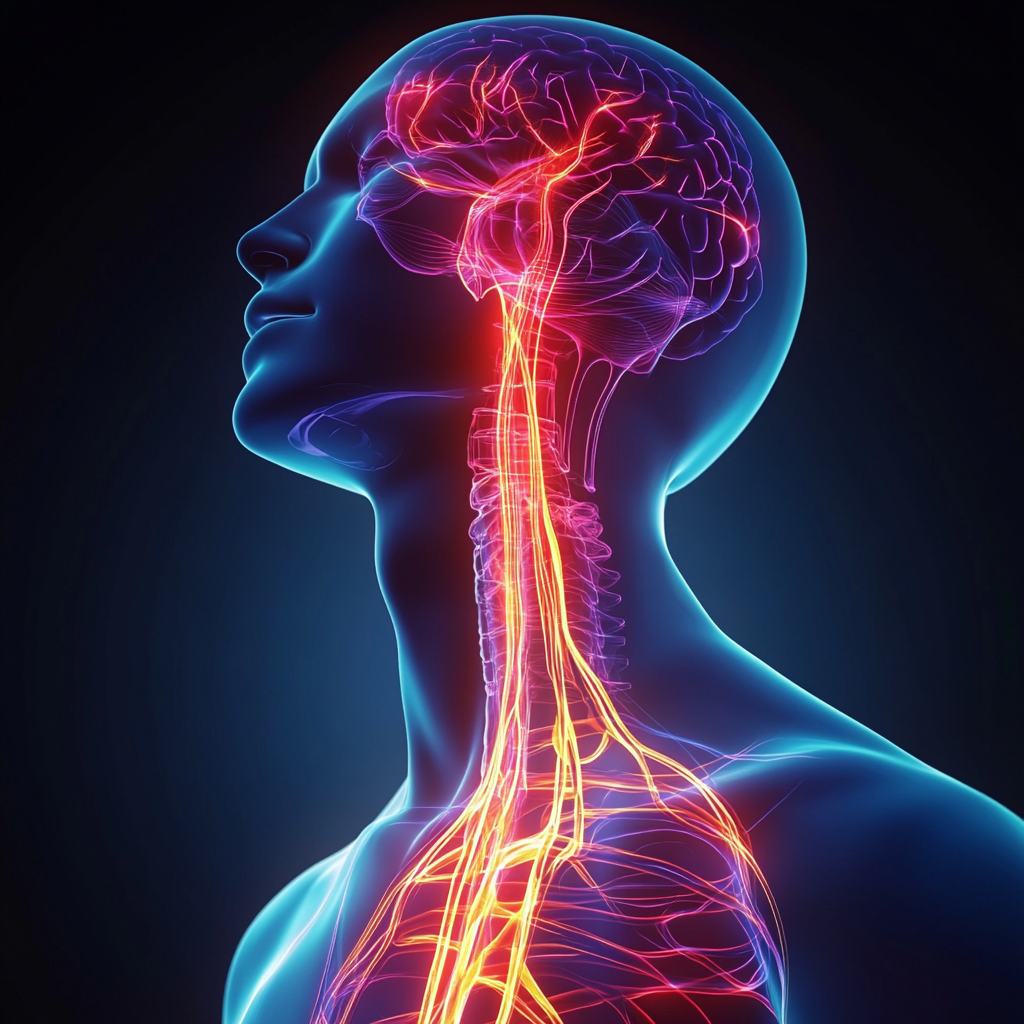FREE SHIPPING (within Continental USA) on All Products over $99
-
Shop
- Nutritional Support
- Healing Arts
- Wellness Services
- Our Wellness Program
- Gift Shop
- Learn
- Experience
- About
- Sign in
-
English





Alejandro Medin
Author
Alejandro Medin is a Holistic Somatic Psychotherapist with over 30 years of experience who has devoted his life to integrating Western and Eastern healing practices. With a foundation in Clinical Psychology and extensive training in Bodywork, Breathwork, Yoga, Meditation, Reiki, Dance Therapy and Aquatic Therapies like Watsu, Alex is the founder of Health & Light Institute, Watsu Miami, and Ecstatic Dance Miami. He continues to offer transformative healing sessions and classes at his retreat center in Hollywood, Florida. You can find more information about him in the About section of this website.